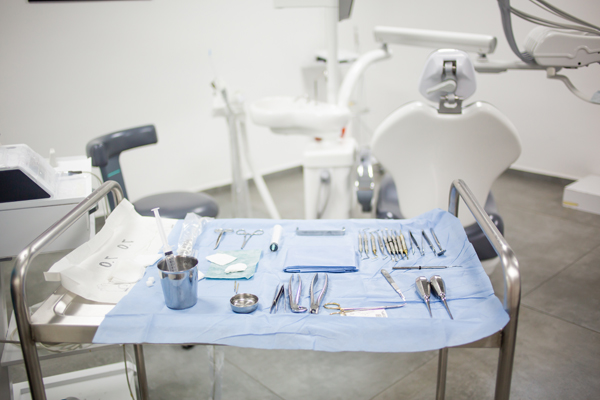Your Guide to Recovery after a Wisdom Tooth Extraction
A is performed on the back molars, which are the last permanent teeth to erupt in the mouth. Many people do not have enough space on their jaws to accept the teeth without disrupting the position of the other teeth. This can cause many issues in the mouth.
These issues necessitate the extraction procedure from the dentist. Healing and recovery may take up to a week, depending on the patient’s condition. Healing is longer with impacted wisdom teeth. Below is a helpful guide to help with the recovery process.
On the day of surgery
Wisdom tooth extraction is performed as an outpatient procedure, which means patients can come and leave the dental office on the same day. After the surgery, sensation in the mouth will slowly return, since the dentist will probably use a local anesthetic or general anesthesia. Some pain and swelling are normal. There will also be some blood in the mouth.
Patients can start by applying an ice pack over the face. The dentist will also provide instructions on the use of medications, whether prescription or over-the-counter pain relievers. Patients will only go home when they are ready. It is advisable to have an adult drive them, especially if general anesthesia was used.
It is okay to eat soft foods after the procedure but avoid caffeine, smoking and alcohol. Using straws should be avoided to prevent disturbing the operated area.
Long-term recovery guide
Many people recover completely from a wisdom tooth extraction after three to four days. If the teeth were impacted or erupted at an awkward angle, recovery might take about a week. The wound left after the treatment will not heal fully for months, so an infection might still set in, weeks after. Patients need to take adequate care and observe signs of trouble.
Normal, daily activities can resume the day after surgery, but it is vital to stay off any activity that might dislodge the stitches or the blood clot present on the wound. These include strenuous exercise, spitting, smoking and drinking from a straw. If pain or bleeding becomes excessive and intolerable, patients need to contact the dental office immediately.
Symptoms should improve significantly after the third day. Every pain and bleeding area should disappear after a week. Complications could be an indication of infection or nerve damage. Symptoms of complications include fever, difficulty swallowing or breathing, numbness, worsening swelling, bleeding or pus from the nose and continuous bleeding.
Home care
Patients need to care for their mouth properly at home to prevent infections and complications. The dentist will provide instructions on the proper ways to clean and protect the mouth. This is the only time to avoid brushing, rinsing or flossing for the entire day. Cleaning will involve rinsing with salt water to disinfect the wound. The water should fall out of the mouth freely without spitting.
Final note
A wisdom tooth extraction is a standard procedure to correct or prevent issues with the final set of molars. You should follow the home-care instructions that the dentist provides to ensure healing and prevent complications.
Request an appointment here: https://thelightfamilydental.com or call The Light Family Dental & Implant Dentistry at (210) 987-3011 for an appointment in our Converse office.
Check out what others are saying about our dental services on Yelp: .
Related Posts
When a dental emergency hits, it is important to know where to go to access the right care. An emergency dentist is often the right provider, although life-threatening emergencies require a trip to the emergency room. Learning when to go to the emergency dentist versus the emergency room can save you time, money, and discomfort.…
Teeth whitening is one of the most popular cosmetic dental procedures. Many individuals explore various teeth whitening options to improve the brightness of their smile. When deciding between take-home teeth whitening trays and over-the-counter products, it is important to understand how each works and the long-term results you can expect from each option.Take-home whitening trays…
Choosing a kid-friendly dentist can make for a positive and comfortable start to a child’s oral health journey. A welcoming environment, experienced team, and tailored approach help make early dental visits feel relaxed and reassuring. The goal is to build trust so that children feel comfortable and even excited about oral health, which can lead…
Implant-supported dentures deliver stable chewing, confident speech, and a natural appearance for patients who struggle with loose plates or frequent sore spots. This approach anchors a full arch to dental implants, creating a secure foundation that resists slipping during meals and conversations. With careful planning, the treatment protects bone health, restores balanced bite forces, and…
